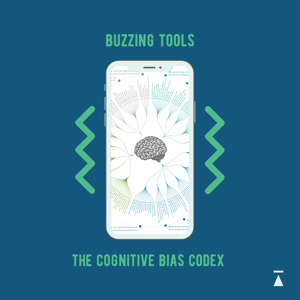#Learning & development #Evidence Based HR #Blogpost
Evidence shows that trust is related with a range of benefits in the workplace, such as job performance. It takes effort and know-how to build trust, but it's likely rewarding.
Evidence for Trust at Work
How can you build high-trust organizations? And how to integrate trust into your leadership- and HR practices? These were the starting questions during a leaders lunch, organized by Balance HR.
Trust is the willingness of a party to be vulnerable to the actions of another - Mayer, Schoorman & Davis, 1995 Academy of Mgt Review










Trust as the basis of any relationship
In recent years there has been an explosion of interest in the concepts of autonomy, personalization and self-management at work. The result is a fundamental shift in the relationship between employer and employee.
A common principle in this evolution towards less control is that it starts with trust. Trust is the basis of any relationship. Evidence shows that trust is related with a range of benefits in the workplace, such as job performance. It takes effort and know-how to build trust, but it's likely rewarding.
- Prof. Dr. Denise Rousseau provided us an introduction into the scientific findings.
- HR Leader David Ducheyne gave us practical insights on how to build trust at work.
Evidence-based takeaways
- Evidence-based Managers are trusted and seen as competent.
- Evidence-based decision making educates and builds trust.
- Grow the competence and mutual trust of your management and workforce: via critical appraisal of multiple sources of evidence, transparency, reflection, and outcome assessment.
Pictures by Raf Michiels
Edward Vanhoutte
Edward is the managing partner of Balance HR, and a fellow of CEBMa. He helps organizations in building great HR teams and in developing evidence-based HR practices. Besides HR, Edward has a special interest in graphics and in societal initiatives. "My professional mission is to make work better, especially for those who don't get the chances they deserve".


.png?width=300&name=DEI%20Post%202%20%20-%20Final%20version%20%20(TikTok-fotomodus%20vierkant).png)
